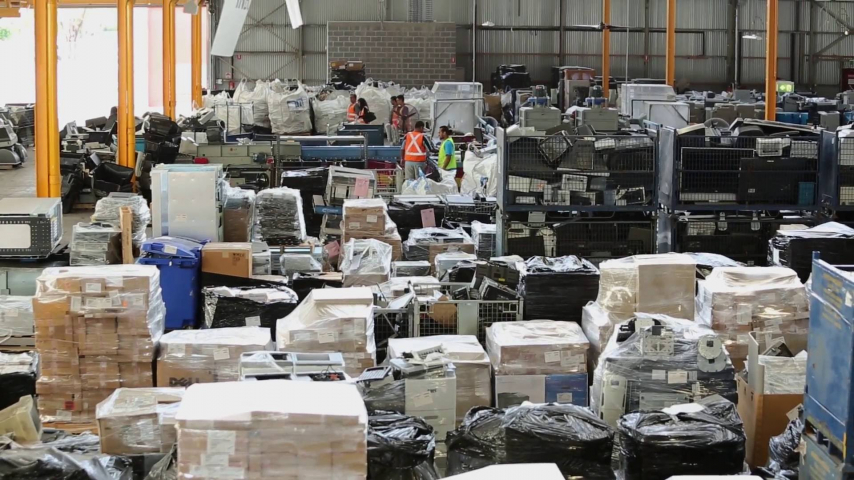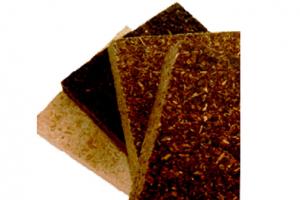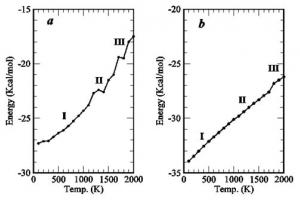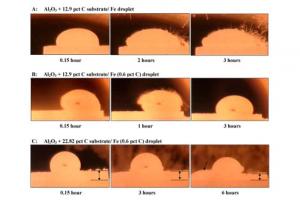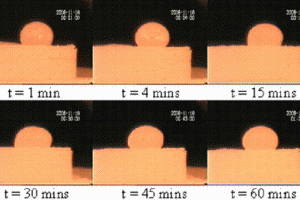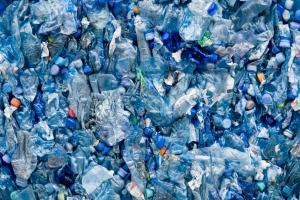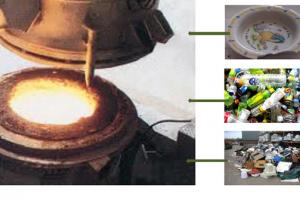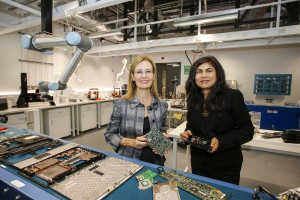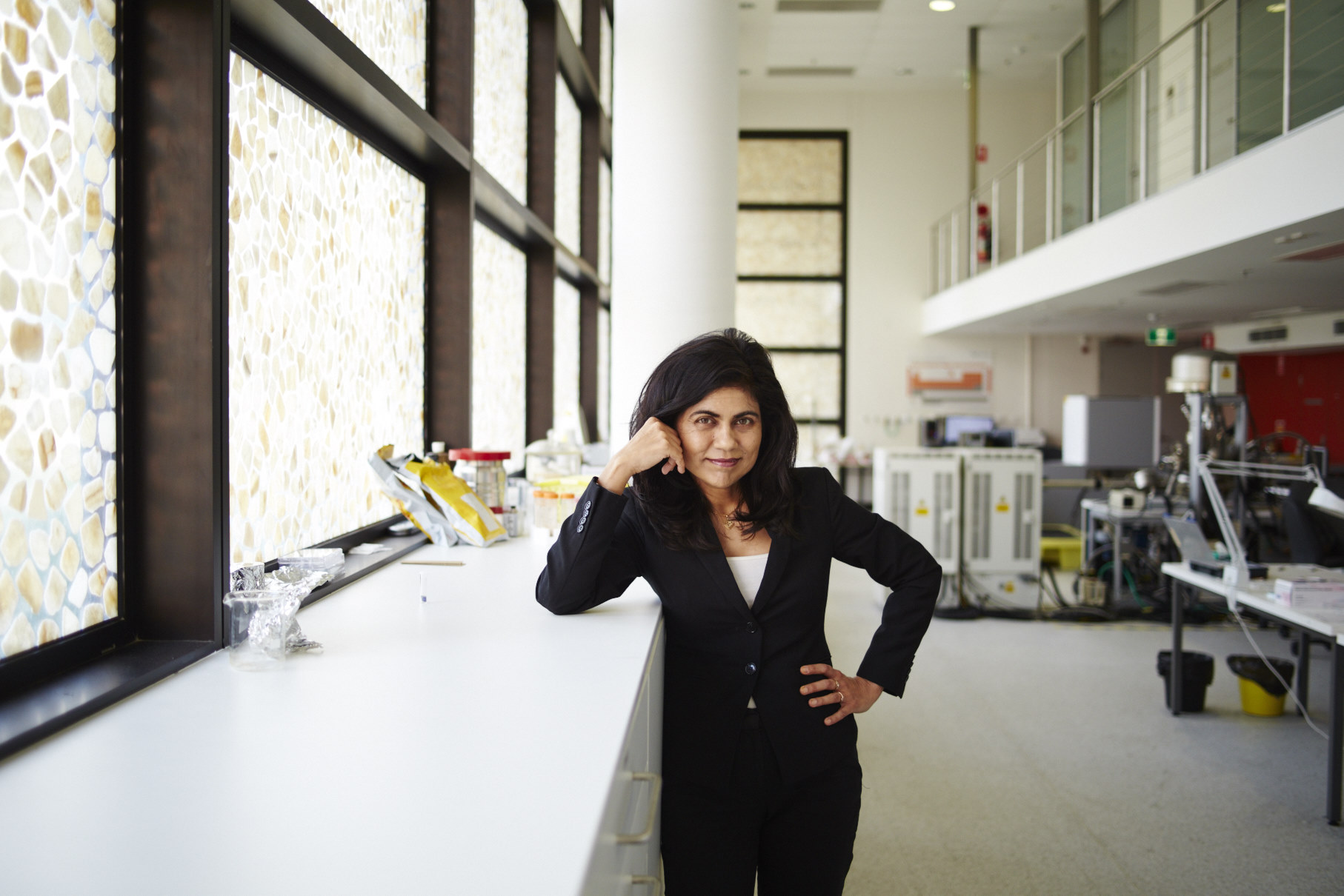
My Expertise
As a leading expert in the field of recycling science, and founding Director of the Centre for Sustainable Materials Research & Technology at UNSW, Professor Veena Sahajwalla is producing a new generation of green materials, products and resources made entirely, or primarily, from waste. Veena also heads the ARC Industrial Transformation Research Hub for ‘green manufacturing’ – a leading national research centre that works in collaboration with industry to ensure new science is translated into real world environmental and economic benefits. Veena has been extensively recognised for the innovation and significance of her work, including via election to be a Fellow of the esteemed Australian Academy of Science.
Fields of Research (FoR)
Materials Engineering, Composite and Hybrid Materials, Ceramics, Metals and Alloy Materials, Polymers and Plastics, Resources Engineering and Extractive Metallurgy, Chemical Science, Synthesis of Materials, Environmental TechnologiesSEO tags
Biography
ABOUT ME
Australian Research Council (ARC) Laureate Professor Veena Sahajwalla is an internationally recognised materials scientist, engineer and inventor revolutionising recycling science. She is renowned for pioneering the high temperature transformation of waste in the production of a new generation of ‘green materials.’ In 2018 Veena launched the world's first e-waste microfactory and in 2019 she launched her plastics microfactory, a...view more
ABOUT ME
Australian Research Council (ARC) Laureate Professor Veena Sahajwalla is an internationally recognised materials scientist, engineer and inventor revolutionising recycling science. She is renowned for pioneering the high temperature transformation of waste in the production of a new generation of ‘green materials.’ In 2018 Veena launched the world's first e-waste microfactory and in 2019 she launched her plastics microfactory, a recycling technology breakthrough. As the founding Director of the Centre for Sustainable Materials Research and Technology (SMaRT) at the University of New South Wales, Sydney, she is producing a new generation of green materials and products made entirely, or primarily, from waste. Veena also heads the ARC Industrial Transformation Research Hub for ‘green manufacturing’, a leading national research centre that works in collaboration with industry to ensure new recycling science is translated into real world environmental and economic benefits. In 2019 she was appointed inaugural Director of the Circular Economy Innovation Network by the NSW Government through its Office of Chief Scientist and Engineer. In 2019, she was honoured by Engineers Australia as a Centenary Hero for her work (https://www.createdigital.org.au/meet-engineer-helping-people-see-huge-possibilities-circular-economy/). In 2018 she was elected as Fellow of the Australian Academy of Science. In 2016, Veena was named one of Australia’s Most Innovative Engineers and in 2015, Veena named Australia’s 100 Most Influential Engineers, both by Engineers Australia. In 2013, Veena received the ‘Howe Memorial Lecture Award’, Pittsburgh, USA in appreciation for her lecture on ‘The Power of Steelmaking – harnessing high temperature reactions to transform waste into raw material resources’.
The new science of recycling
Veena is renowned for her internationally commercialised EAF ‘green’ steelmaking process that is utilising millions of waste tyres otherwise destined for landfill as a partial replacement for coke. The conceptual and scientific breakthroughs that underpin ‘green steel’ have paved the way for an unparalleled portfolio of new ‘waste to value’ science, built over years of research at the SMaRT Centre, with valuable contributions from industry partners. This approach is enabling her to transform many of the world’s most challenging waste streams -like e-waste, automotive waste, batteries– into value-added materials that can be redirected back into manufacturing.
Microfactories - the future of green manufacturing
Veena is facilitating the roll out of safe, cost-effective ‘waste to value’ solutions via her unique microfactory model, which brings the solution to the (waste) problem for the first time. In future, these small-scale microfactories will enable local communities to produce many of the products, materials and resources they need locally, using resources largely derived from waste. This new approach promises to disrupt today’s highly centralised, vertically integrated industrial model and its mass global markets, as agile, scale technologies drive the decentralisation of manufacturing, with positive economic and social impacts.
Recognition and engagement
Veena became one of Australia’s best-known scientists and inventors through her regular appearances as a judge on the long-running ABC TV series ‘The New Inventor’s; recent guest on ABC’s Q& A and on the ‘War on Waste’. Some of her recently given talks were: European Materials Research Society Fall Meeting 2018, Warsaw, Poland; Falling Wall Conference 2018, Berline, Germany, Farm2Fork Summit 2019, Sydney; TRANSFORM Conference 2019, Green Building Council of Australia. She continues her community engagement through regular public talks, her mentoring program for girls in science (Science 50:50) and regular media commentary. In the academic sphere, Veena has published more than 380 peer-reviewed papers and delivers keynote and invited speeches across Australia and worldwide. In 2018 she was elected as Fellow of the Australian Academy of Science. In 2017 Veena received PLuS Alliance Prize for Research Innovation and awarded the prestigious Jubilee Professorship by the Indian Academy of Sciences. In 2016, Veena was named one of Australia’s Most Innovative Engineers by Engineers Australia. In 2015, Veena was the Innovation Winner of the Australian Financial Review¬–Westpac 100 Women of Influence awards, and was named Australia’s 100 Most Influential Engineers (Engineers Australia). In 2014, she was awarded an ARC Australian Laureate Fellowship. In 2013, Veena received the ‘Howe Memorial Lecture Award’, Pittsburgh, USA in appreciation for her lecture on ‘The Power of Steelmaking – harnessing high temperature reactions to transform waste into raw material resources’. In 2012, Veena won the Australian Innovation Challenge (Overall Winner) for her innovation “Green Steel”. In the same year her ‘green steel’ technology was listed by the US Society for Manufacturing Engineers’ as among the ‘innovations that could change the way we manufacture’. She was elected as a Fellow of the Australian Academy of Technological Sciences and Engineering (ATSE) in 2007 and a Fellow of the Institution of Engineers, Australia, in 2005, and a Honorary Fellow in 2015.
My Grants
Granting body |
Project |
Role |
Period |
Amount |
NESP Sustainable Communities and Waste Hub |
Sustainable Communities and Waste Hub |
Hub host and leader |
2021 |
$17 million |
NSW Physical Sciences Fund |
SMaRT Microfactories |
Lead CI |
2020 |
$790,000 |
ARC Research Hub |
Mircrorecycling of battery and consumer wastes |
Director Lead CI |
2020--2025 |
$6,785,250 |
NSW State Government |
NSW Circular Economy Innovation Network |
Director |
2019--2021 |
$2,200,000 |
UNSW 2025 Strategic Funds |
SMaRT MicrofactoriesTM |
Lead CI |
2016--2020 |
$4,200,000 |
ARC Discovery |
Thermal isolation: a novel pathway to transforming complex waste |
Lead CI |
2018--2020 |
$267,804 |
CRC for Low Carbon Living Ltd |
Prototyping, testing, optimising and demonstrating the industrial scale production of composite engineered stone from reclaimed glass |
Lead CI |
2018 |
$70,000 |
ARC Laureate Fellowship |
Fundamental high temperature e-waste investigations for high-value products |
ARC Laureate Fellow |
2015--2020 |
$4,592,747 |
ARC Research Hub |
Transforming waste directly in cost-effective green manufacturing |
Director Lead CI |
2014--2019 |
$4,511,756 |
ARC LIEF |
High Temperature Atomic Structure and Physical Property Analysis Facility |
CI |
2016--2018 |
$750,000 |
Science &Industry Endowment Fund |
Recycling E-waste Metals and Polymers for Recovery of Value-Added Materials |
Lead CI |
2013--2015 |
$51,000 |
ARC Linkage Microbiogen Pty Ltd |
Recycling lignocellulosic agricultural waste as an iron oxide reductant in ferrous processing |
Lead CI |
2012--2016 |
$285,000 |
Hyundai Steel Company |
Low coke blast furnace reaction forecasting |
Lead CI |
2012--2016 |
$214,890 |
Department of Industry, Innovation &Science/ Australia-India Strategic Research Fund |
Novel Approach for Processing Hazardous Electronic Waste |
Lead CI |
2012--2015 |
$365,000 |
ARC Linkage OneSteel NSW |
Novel Recycling Approach for Automotive Waste Glass and Plastics |
Lead CI |
2012—2014 |
$546,013 |
ARC Linkage Hatch Associates |
Lower temperature ironmaking: macro and atomic-level understanding of accelerated carburization of reduced iron |
Lead CI |
2012—2015 |
$450,000 |
ARC Future Fellowship |
Transforming industrial waste into valuable carbons for iron-carbon alloys: Fundamental investigations of structure, impurity reactions and carbon dissolution |
Lead CI |
2009--2013 |
$891,200 |
My Qualifications
FAA FTSE HonFIEAust CPEng
My Awards
- 2019 BHERT for Outstanding Collaboration in Research & Development
- 2018 Fellow of Australian Academy of Science
- 2017 Inaugural winner of the PLuS Alliance (Arizona State University, The Kings College, London and UNSW) Prize for Research Innovation
- 2017: Jubilee Professorship Award by Indian Academy of Science
- 2016: Individual Awards, Professional Engineer of the Year, Engineers Australia, Sydney
- 2016 Australia’s Most Innovative Engineers list, Engineers Australia
- 2015 Australia’s Most Influential Engineers list, Engineers Australia
- 2015 Engineers Australia, Honorary Fellowship
- 2015. Australian Financial Review & Wespac Group, 100 Women of Influence Award, Innovation Category
- 2014, Australian Research Council Laureate Fellowship & Georgina Sweet Award
- 2014, Sydney Engineering Excellence Awards, President's Award, SMaRT Centre and joint entrants OneSteel and Brickworks Building Products
- 2014, Sydney Engineers Excellence Awards
- 2013 The Howe Memorial Lecture Award
- 2012 Banksia Award, GE Eco Innovation Award for Individual Excellence
- 2012 Overall winner of The Australian Challenge Innovation
- 2012 CRC Australian collaborative Innovation Award
- 2012 UNSW Innovation Awards - Innovation Excellence Winner
- 2011 National winner Telstra Business Women’s Award, Innovation
- 2011 Pravasi Bharatiya Samman Award, (outstanding achievement in the field of Science), Government of India
- 2009 Josef Kapitan Award best cokemaking paper, Association of Iron & Steel Technology (AIST) USA
- 2008 New South Wales Scientist of the Year Award (Category of Engineering Sciences) Australia
- 2006 Environmental Technology Award (best paper and presentation) AIST, USA; 2006 Charles Briggs Award (best paper in electric steelmaking), AIST, USA
- 2005 Eureka Prize for Scientific Research (innovations in recycling waste plastics in steelmaking), Australia
My Research Activities
ARC Laureate Project-- Fundamental high temperature e-waste investigations for high-value products
Under ARC Laureate fellowship, Professor Veena Sahajwalla and her team have opened up numerous new pathways for the transformation of complex and problematic electronic waste streams into practical, commercially viable ‘green materials’ for production. Over the past 4 years, SMaRT Centre, has developed original research on atomic, molecular and micro-level understanding of various e-waste streams -- and their behaviour at high temperatures – with promising results. ARC Laureate fellowship has provided the scientific foundation for a novel concept ‘environmentally and economically sustainable microfactory of e-waste’. It has opened advanced ‘niche’ markets for valued-added metals and alloys derived from the untapped potential of 30-50 million tonnes of hazardous e-waste generated annually worldwide. The possible global economic, environmental and human benefits of a cost-effective, safe micro-recycling solution, that can be deployed locally, are immense.
ARC Hub Project— Transforming waste directly in cost-effective green manufacturing
The ARC Industrial Transformation Research Hub for ‘Green Manufacturing’ was establised in 2014. The hub aimed to create a unique opportunity for completely different industries to come together, with a common goal of creating value from mixed plastic and glass waste in manufacturing. The Research Hub assisted Australian manufacturers to achieve sustainability targets, obtain new products from re-formed waste streams and enable them to become more competitive at a global level through the development of ground-breaking processes and product innovations.
Microfactories - the future of green manufacturing model
Veena is facilitating the roll-out of safe, cost-effective waste to value solutions via her unique microfactory model. Microfactories are small, bespoke, adaptable modular recycling plants, located wherever waste may be stockpiled, thereby bringing the solution to the (waste) problem for the first time. In the future, microfactories will enable local communities to produce resources and products from waste generated by the community. The microfactory approach disrupts today’s large-scale, centralised, vertically-integrated manufacturing and waste management models to agile and decentralised models, which have positive economic, social and environmental impacts. Using Veena’s high temperature approach in the microfactory model, e-waste can be safely transformed into valuable metal alloys, plastic 3D printer filament and other advanced materials, like silicon carbide nanoparticles; with multiple industrial uses. High quality green materials, such as benchtops, panelling and flooring, can manufactured from mixed glass and plastics and other common wastes currently destined for landfill.
Location
Contact
Publications
ORCID as entered in ROS
Research Activities
Videos


